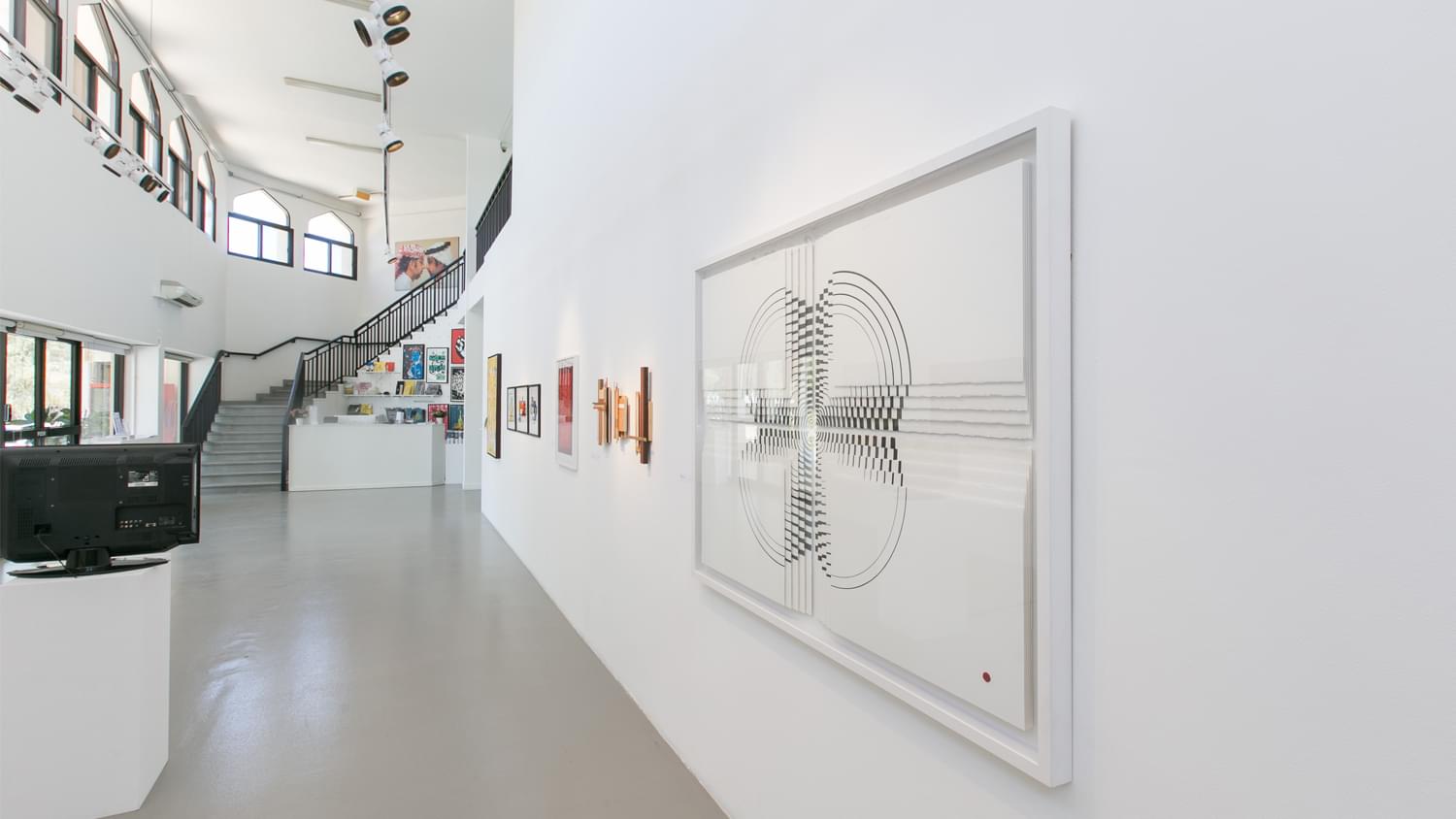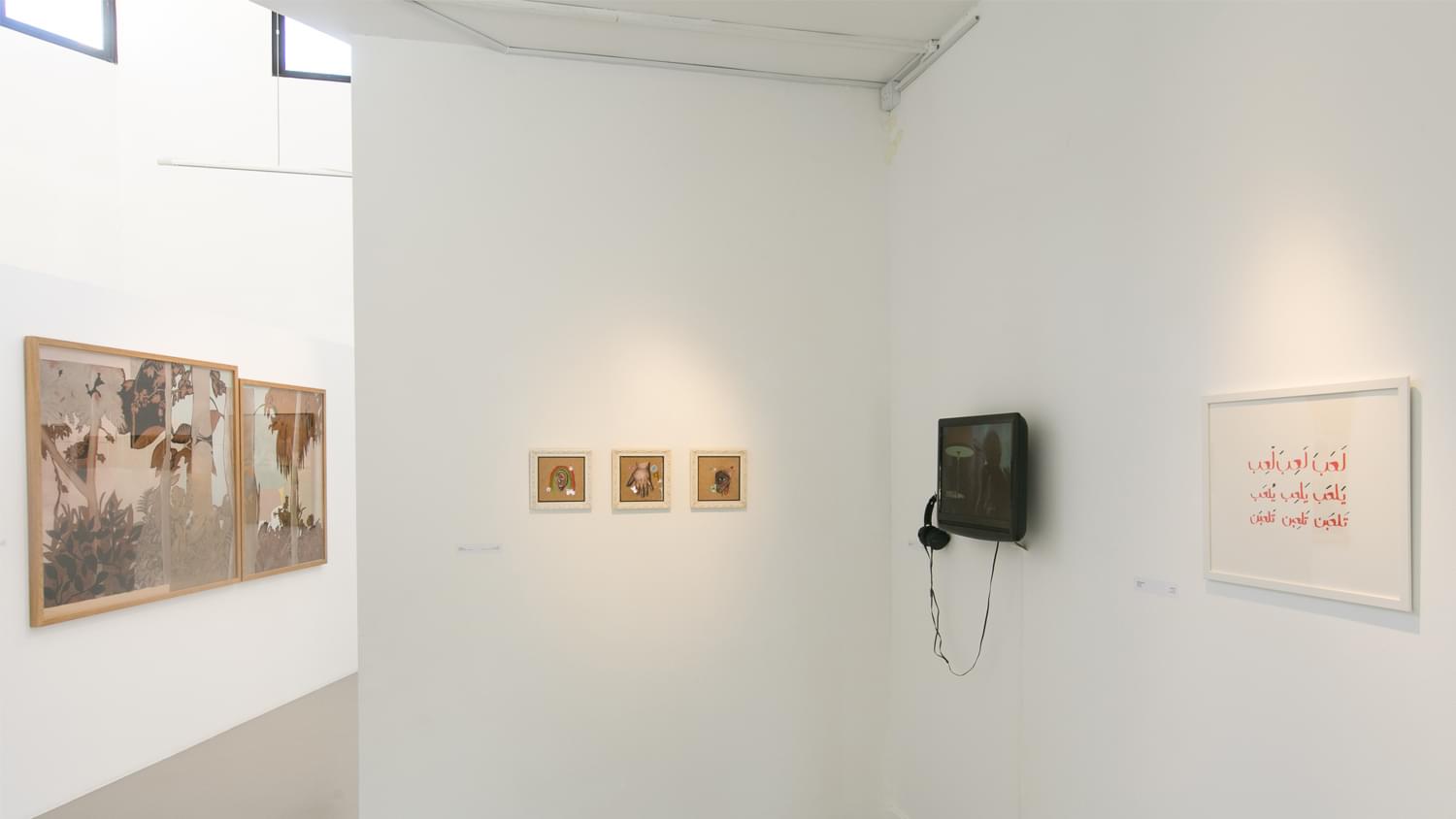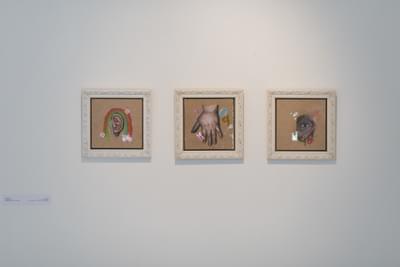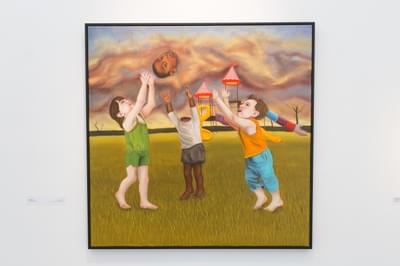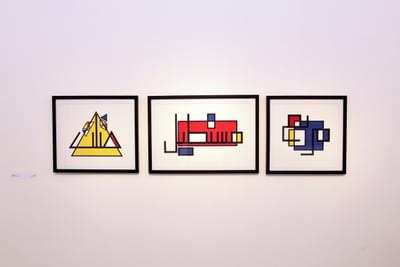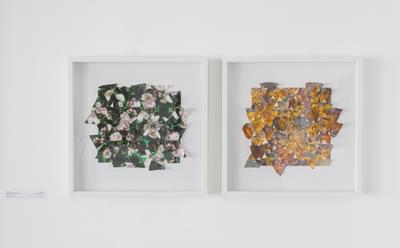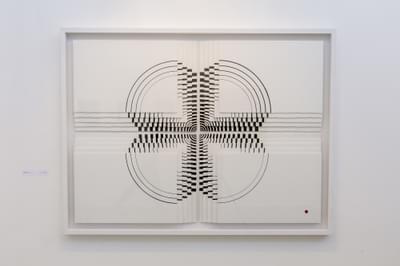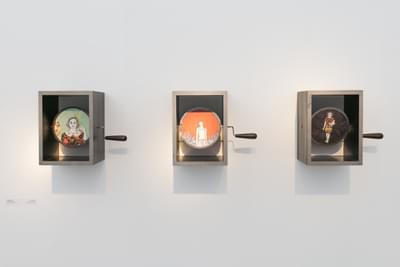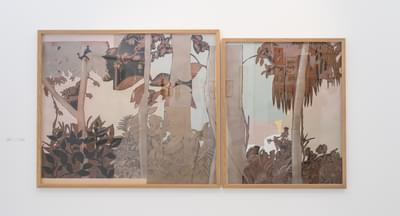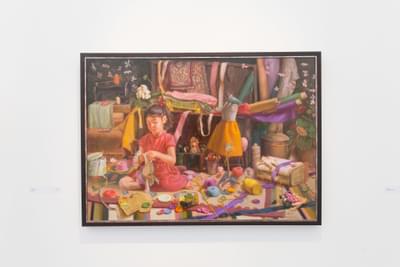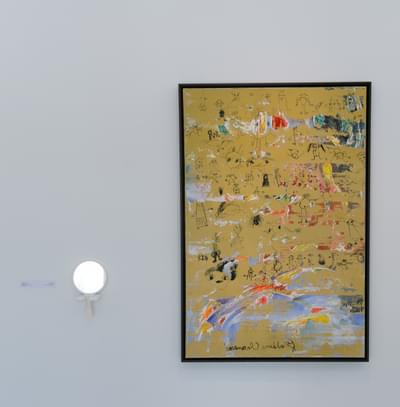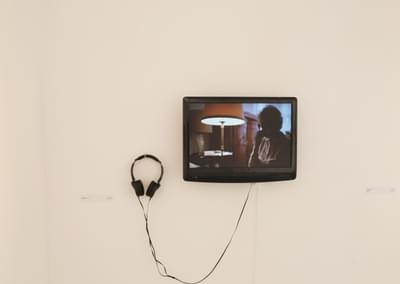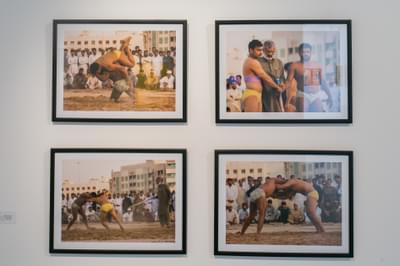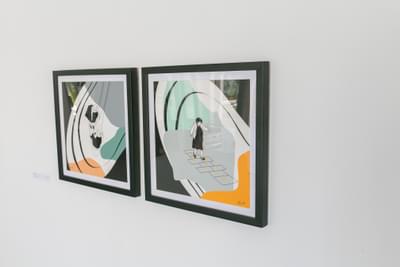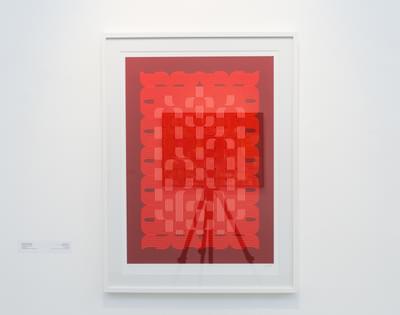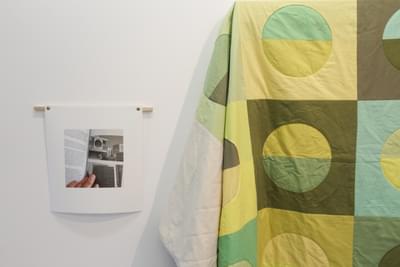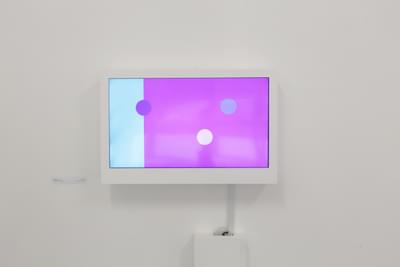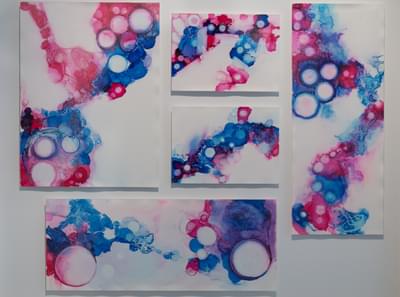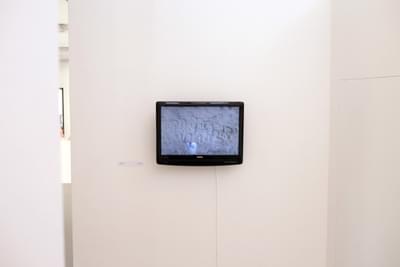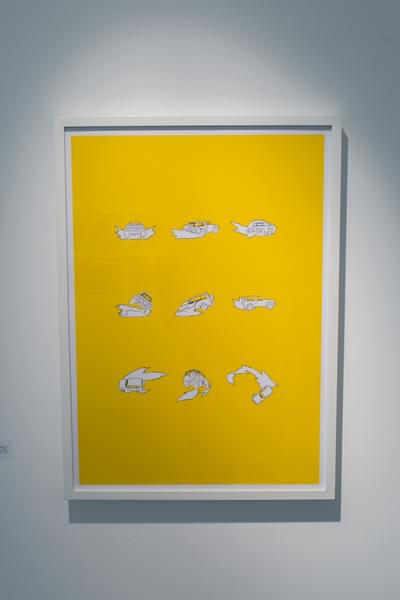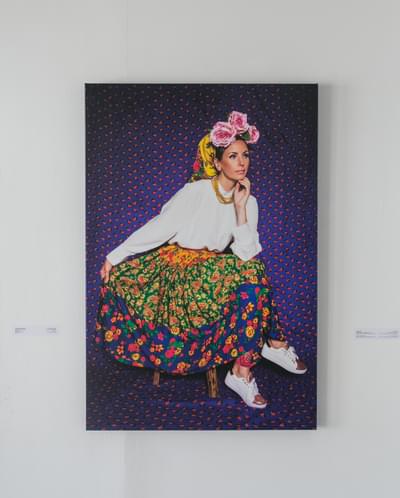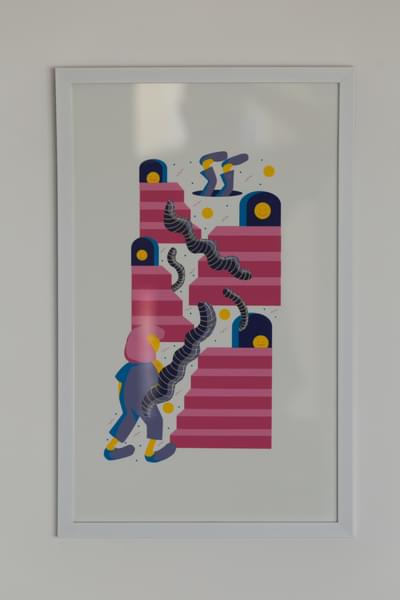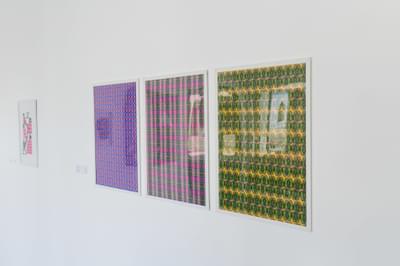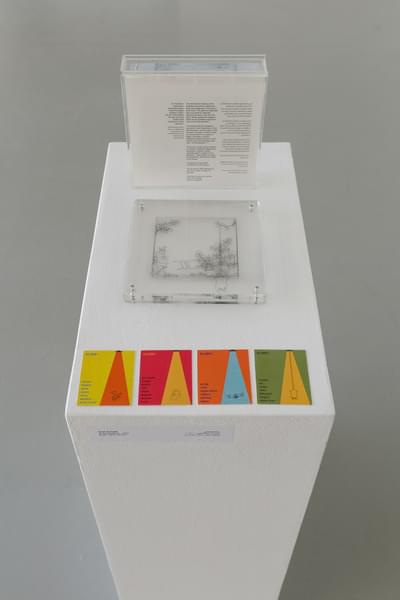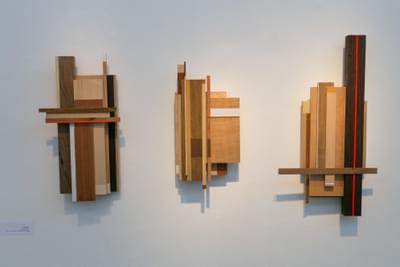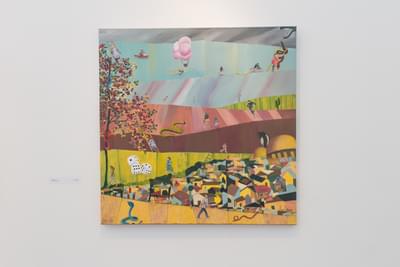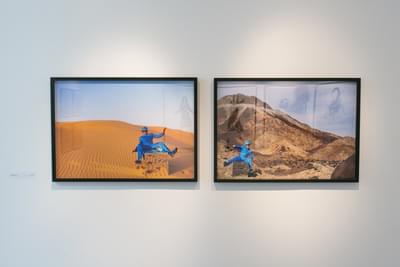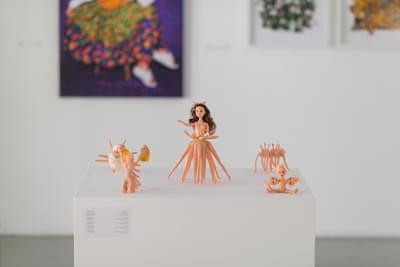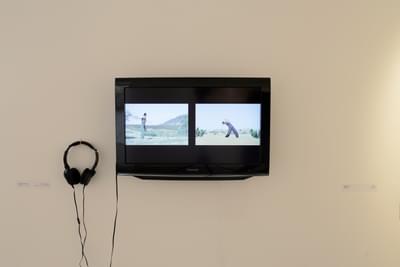“We do not stop playing because we grow old. We grow old because we stop playing.” – George Bernard Shaw
Playful, wordplay, fair play, playground, play the game, play the fool, play for time, play ball, play your part, play to win, plug and play, play the part, play dead…
Initially one may associate play with childhood and notions of innocence, fascination and wonder. But play is not the exclusive domain of the young. Nor is it simply the opposite of ‘work’. Play can be the radical act of searching, exploring and belonging.
Play possesses a dramatic duality: Reflective or joyful; solitary or group; physical or sedentary; competitive or simply the enjoyment of being part of a unified experience. Play can be fun, fueled by a sense of impulsiveness, irrationality and a quest for sensory engagement (touch, feel, listen, smell). It allows us to free our imagination, releasing often repressed parts of our inner psyche. Yet, play can also be a game of strategy, skill and intellect; controlled by rules – structured and disciplined.
Play allows us to explore notions such as identity and values relating to ourselves, culture, society and the relationships that bond us. Whether animating objects or engaging with others, play is interactive – a space of nurture and freedom that allows us to grow and find ourselves, from imaginary to built environments – the world is our playground.
Share this page:
Exhibiting Artists:
- Alaa Amin
- Alexandra Troy
- Amal Al Gurg
- Banu Çolak
- Behnoosh Feiz
- Cristiana de Marchi
- Debjani Bhardwaj
- Elizabeth Dorazio
- Fatima Albudoor
- Fatima J Atallah
- Géraldine Chansard
- Hanna Orlowski
- Harshini Karunaratne
- Ichraq Bouzidi
- Jamal Tayara-Baroudy
- Jill Magi
- John Marsland
- Jonny Farrow
- Judy Shinnick
- Katie Venner-Woodbridge
- Khaled Al Shaer
- Khawla Al Marzooqi
- Loreta Bilinskaite-Monie
- Maryam Ahmed
- Michelle Harvey
- Nour Elbery
- Sarah Al Emadi
- Sarah Al Mehairi
- Somasree Chandran
- Spencer Hogg
- Stephanie Neville
- Tara Atkinson

